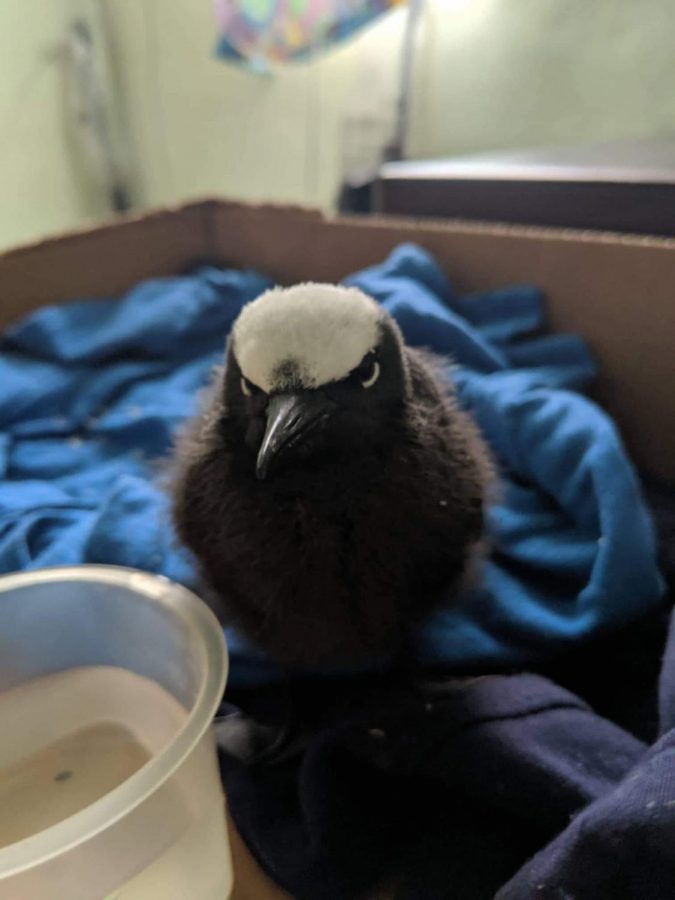5 Odd Superstitions around Oceania
The carefree nature of the black noddy often lands the bird into trouble as it would perch itself on the vessels of hungry sailors.
Behind Hawaii’s warm and easygoing exterior hides a swarm of vicious and perplexing superstitions that residents try to avoid at all costs. The conditions of these supernatural beliefs could be mundane tasks, like taking sand from certain beaches, and usually lead to either an extensive period of misfortune or even death.
Beliefs such as this find themselves littered throughout the thousands of islands that reside in the Pacific Ocean, with each island group having their own conditions to be wary of. With Friday the 13th approaching, it is important to know what activities to be wary of. Here is a list of some of the oddest ones around Oceania:
Hawaii: Do not whistle at night.
Whistling at night, whether it be out on an empty road or in one’s home, is looked down upon by Hawaii locals as it serves as an invitation for wandering spirits. Like moths to a light, spirits follow the noise’s source to pay that person a visit. One of the more infamous visitors, which if seen will result in death, are the night marchers, who are the ghosts of ancient Hawaiian warriors. If one hears the thuds of marching feet and roars of conch shells, it is advised to run away in the opposite direction immediately.
American Samoa: Avoid staring at the mirror at midnight.
Every night, some Samoan homes either cover their mirrors with a blanket or tilt them downward so their reflections are hidden. This is done with the belief that mirrors are passageways to a dark spiritual realm. If one were to stare too long into his or her own reflection at 12 a.m., one might notice their mirror counterpart slowly making its way to one’s side of the mirror.
Kosrae: Leave black noddies alone.
A black noddy is a seabird sporting a white cap with dark feathers down its body, and it can be found waddling in the northwestern Hawaiian islands. The species are unfazed by a human presence, acting nonchalantly even when being picked up. Despite this, though, Kosrae locals discourage coming into contact with the birds as disturbing these creatures will bring misfortune to the offender’s family. Tales of one’s parents getting sick and gardens becoming barren sway natives from interacting with the bird.
Ulithi: Resist saying what you want.
On an island about 400 miles southwest of Guam, the Ulithi locals tend to keep their plans to themselves believing that mischievous spirits roam the lands with open ears. These entities are said to be always listening to the area’s residents and have the power to withhold one’s desires from that person. On fishing trips, Ulithi fishermen often voice their hopes of a poor haul as a counter to a possible interference.
Philippines: Do not get married within a year as your siblings.
Siblings in the Philippines set their weddings at least a full year apart from each other to avoid dividing the luck between the two marriages. If they were to get married within a year, however, bad luck is bound to strike upon the two couples. One possibility is that one or both of the wedded pairs end up divorced after some time. Another result can be the death of an immediate family member shared between the siblings.
